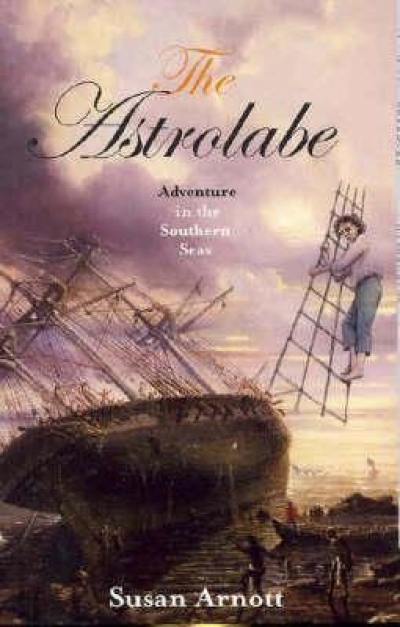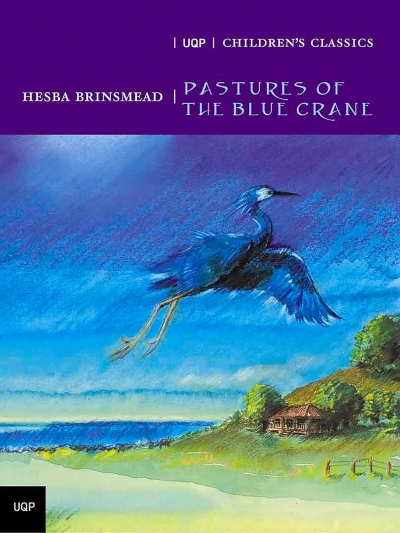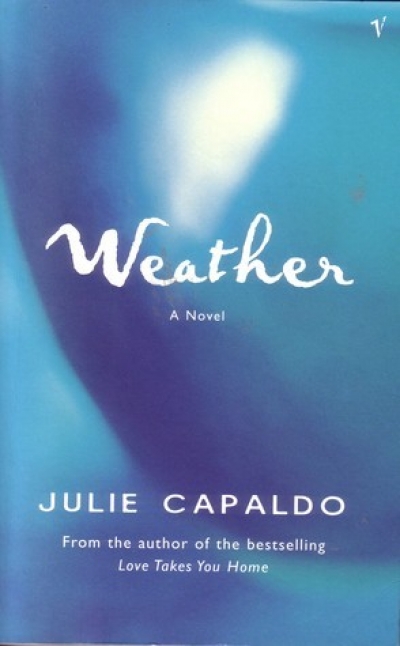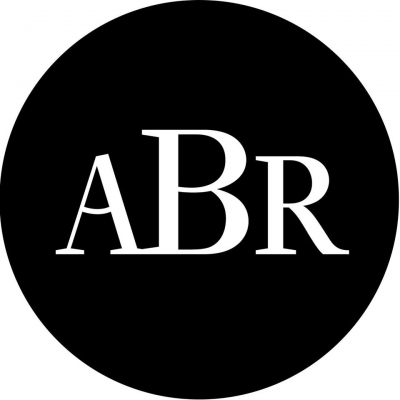Katharine England
The Astrolabe by Susan Arnott & Our Enemy, My Friend by Jenny Blackman
Sherryl Clark
Dancing in My Nuddy-Pants (Scholastic), by Louise Rennison. With all the serious young adult books around everyone needs a dose of Georgia Nicolson’s confessions. Between the Sex God, the troublesome cat and life at school, Georgia’s diary is full of deep meaningosity – not! Life on a small farm in 1906 is beautifully portrayed in Jennifer Donnelly’s A Gathering Light (Bloomsbury). Mattie longs to be a writer, but it seems impossible when her father won’t even let her work at the Glenmore Hotel over summer. Everyone wants Mattie to do things their way and the strength of the story lies in her quiet persistence and honesty. Historical description creates a believable world without ‘teaching’. Dragonkeeper (black dog books), by Carole Wilkinson, deservedly won a CBC Award this year. Ping’s travels with a dragon follow the idea of the quest, but the setting and detail bring ancient China to life for readers of all ages.
... (read more)Pastures of the Blue Crane by Hesba Brinsmead & The Green Wind and the Wind is Silver by Thurley Fowler
Changes in the composition of the family or friendship group are among the most challenging situations to confront children, so it is no surprise that many books for the upper-primary-aged reader address this theme.
... (read more)







